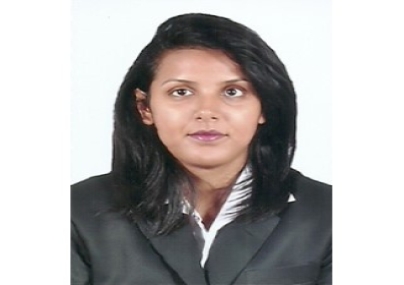|
HIGHLIGHTS
|

India has experienced a record year in terms of patent filings and grants as per the latest international and government indicators, signalling an increase in innovation-driven growth in the country, and a rise in demand for technically savvy lawyers.
The World Intellectual Property (WIPI) Indicators report released by the World Intellectual Property Organization in November found that global patenting activity soared to new records in 2022, fueled primarily by Indian and Chinese innovators.
This increase in Indian patent filings is primarily due to the increase in filings by Indian residents, companies, and institutions, as opposed to foreign entities. The WIPI report found that patent applications by residents of India grew by 31.6 percent in 2022, extending an 11-year run of growth unmatched by any other country among the top 10 filers. This 31.6 percent increase is the largest for any major country across the globe, the WIPI report said.
Meanwhile, India’s commerce and industry minister, Piyush Goyal, said that the Indian Patent Office had granted a record 41,010 patents in 2023 – as of Nov. 15 – up from 4,227 patents in 2014. Approximately 90,000 patent applications were received by the Indian Patent Office in 2023, as per data available on its website.
This rapid rise of patent filings in the Indian market is a product of increasing innovation-driven growth, increasing ease of filing, increasing number of startups, and an increasingly robust regulatory and enforcement mechanism for patent holders, says Pravin Anand, managing partner of India’s top IP firm Anand and Anand.
Regulators have also increased the speed at which they are processing applications, given the growth in the number of applications, and have extended special provisions for expedited examination of applications to a wide category of people. The provision for expedited examination, which was initially drafted and enforced for startups, was later extended to SMEs, female applicants, government departments, institutions established by a central, provincial or state act, which is owned or controlled by the government and applicants under patents prosecution highway, explains Anand. Notably, the largest chunk of patents filed was from the information technology sector, a trend that also reflects global filings. India’s growing number of technology startups and tech-focused educational institutions are significant reasons for this increase in filing.
“Fee concessions to education institutes have also played a major role in increased filing. Interestingly, 3 out of the top 5 Indian patent applicants in the IT sector are education institutes,” says Anand.
The Delhi High Court’s 2019 judgement in Ferid Allani v Union of India, which liberally interpreted the law to prevent opposition to computer-related patents, has also finally borne fruit, Anand said.
This ease of filing has led to a double-digit growth in the stock of pending applications between 2021 and 2022 as well.
According to Anand, a shortage of manpower, frivolous and multiple pre-grant oppositions and a non-binding timeline for submission of the first examination report by the government are the main reasons the application process time is lagging behind the increase in filings.
“In comparison to foreign jurisdiction, the Indian patent system does not have sufficient technical manpower to process applications. As of 2020-2021, India only had around 600 examiners and over 200 controllers handling over 60,000 patent applications,” Anand says. Nevertheless, an increase in filings is pushing law firms to acquire more talent themselves. Lawyers and experts with technical knowledge have been in high demand.
“More work requires more talent, and thus, talent hunting and hiring has also increased, says Anand.
“The legal industry will witness an inflow of lawyers with technical expertise and also technical experts,” he adds. The increase in patent filings has also prompted the government and law firms to invest more in technology to increase efficiency.
“Filing patent applications in multiple jurisdictions has become easier due to introduction of e-filing platform. Moreover, the virtual hearing facility has further reduced the burden of travelling for hearing,” says Anand.
“Firms have switched to e-mode for ease of business. All the records are digitised and easily accessible. Upgrade in databases and software being used by firms will offer more robust deadline management and expedite and take care of day-to-day clerical activities,” he adds.


